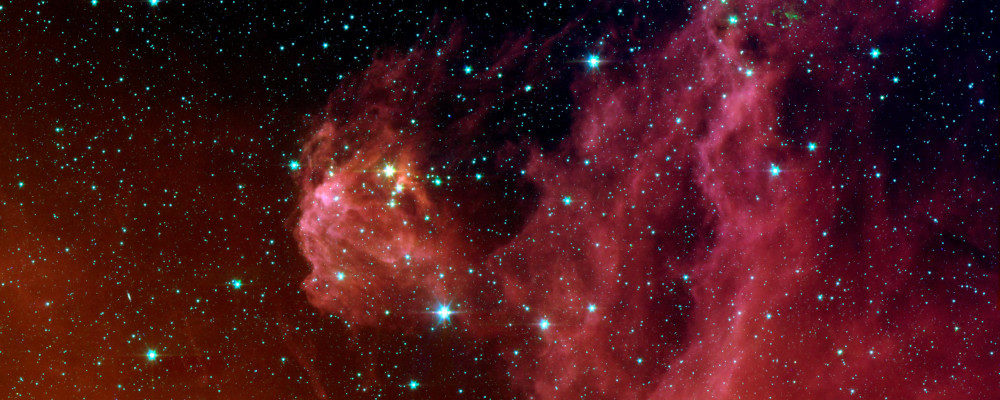The following is adapted from remarks made by Avi Loeb and Stephen Webb in a Munk Debates podcast, on the topic: Be it resolved, we are not alone in the universe. Listen to the whole episode at: https://munkdebates.com/podcast/we-are-not-alone
We are born into this world as actors being put on a stage without a script. And the first question to ask is, are there other actors so we can ask them what the play is about?
Over the past year, we’ve learned that about half of the sun-like stars have a planet the size of the earth, roughly at the same separation. And if you contemplate similar circumstances for liquid water on the surfaces of many of those billions of planets in the Milky Way galaxy alone, you might as well get similar outcomes. I think it’s arrogant of us to consider ourselves as special and unique.
In fact, my daughters, when they were young, thought that they were the smartest and the most special, until we brought them to the kindergarten where they met others and got a different perspective. And the only way for us to mature is to find others without any prejudice. It’s unlikely that we are the first to come along because most stars are billions of years older than the sun. And there is no reason why the chemicals on earth were not abundant on many other planets, and why those did not end up making cakes that are even more intelligent than we are, just like in recipe books where we mix ingredients together and get different cakes. I find it hard to believe that we are the most intelligent and definitely not the only ones that existed until now.
If we look at the human history there were many instances where we thought that we were unique and special and privileged. It started with the ancient Greek philosopher who argued that we are the center of the universe. And that was flattering to our ego, and people believed him for 1000 years, until Copernicus and Galileo realized that the earth moves around the sun. And you see this pattern repeating again and again, where humans prefer to think that they are special and unique and important and privileged.
Enrico Fermi argued, where is everybody? That is very presumptuous. It assumes that we are sufficiently interesting for someone to care about us. I think that we are insignificant, that there were so many copies of things like us in the past, but nobody really cares about it. We are just like ants on a sidewalk. There are many of them. And when you walk down the street, you don’t pay attention to each and every ant.
One thing to keep in mind is many of the civilizations that existed in the past may not be around anymore. They may be dead. And so the best way for us to search for them is not through Drake’s equation, looking for radio signals, because that requires them to be around, alive.
The best approach is space archeology, searching for relics that they left behind. And we have not done that as of yet.




